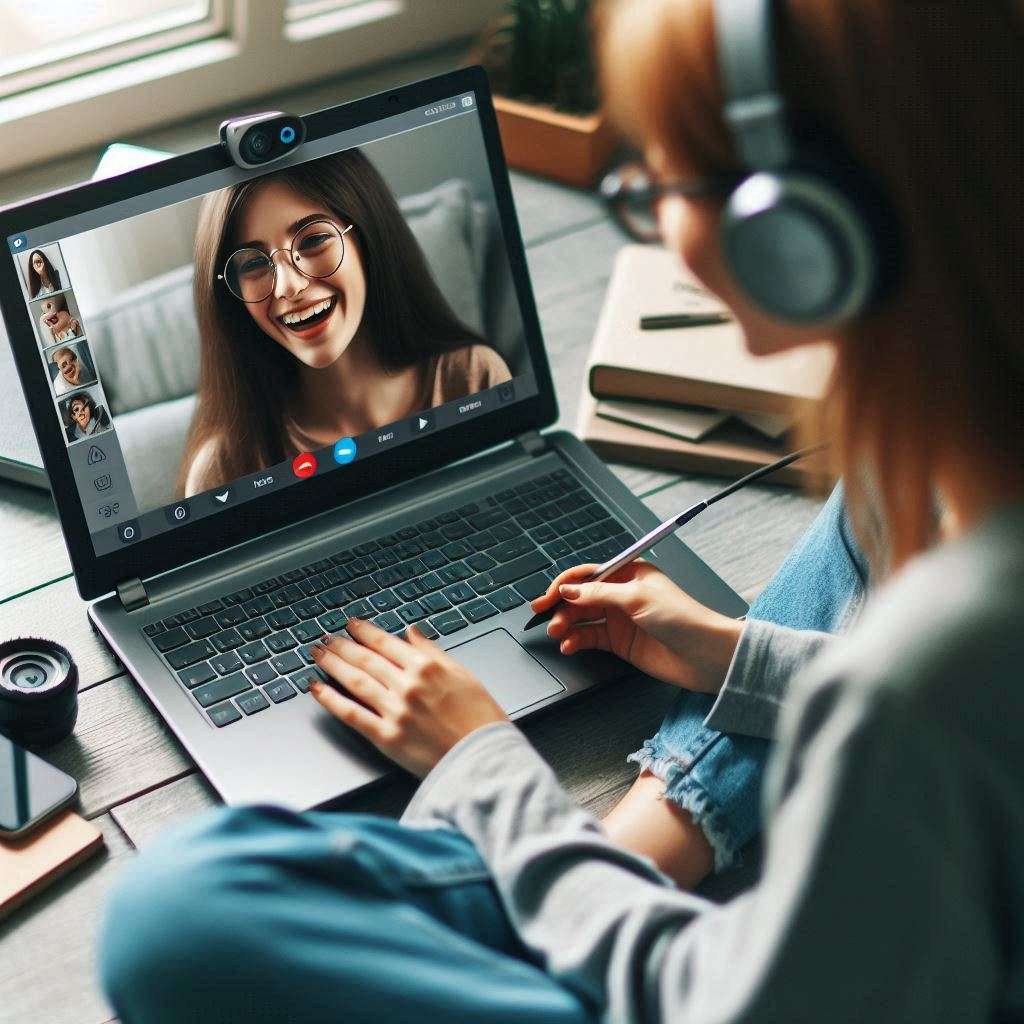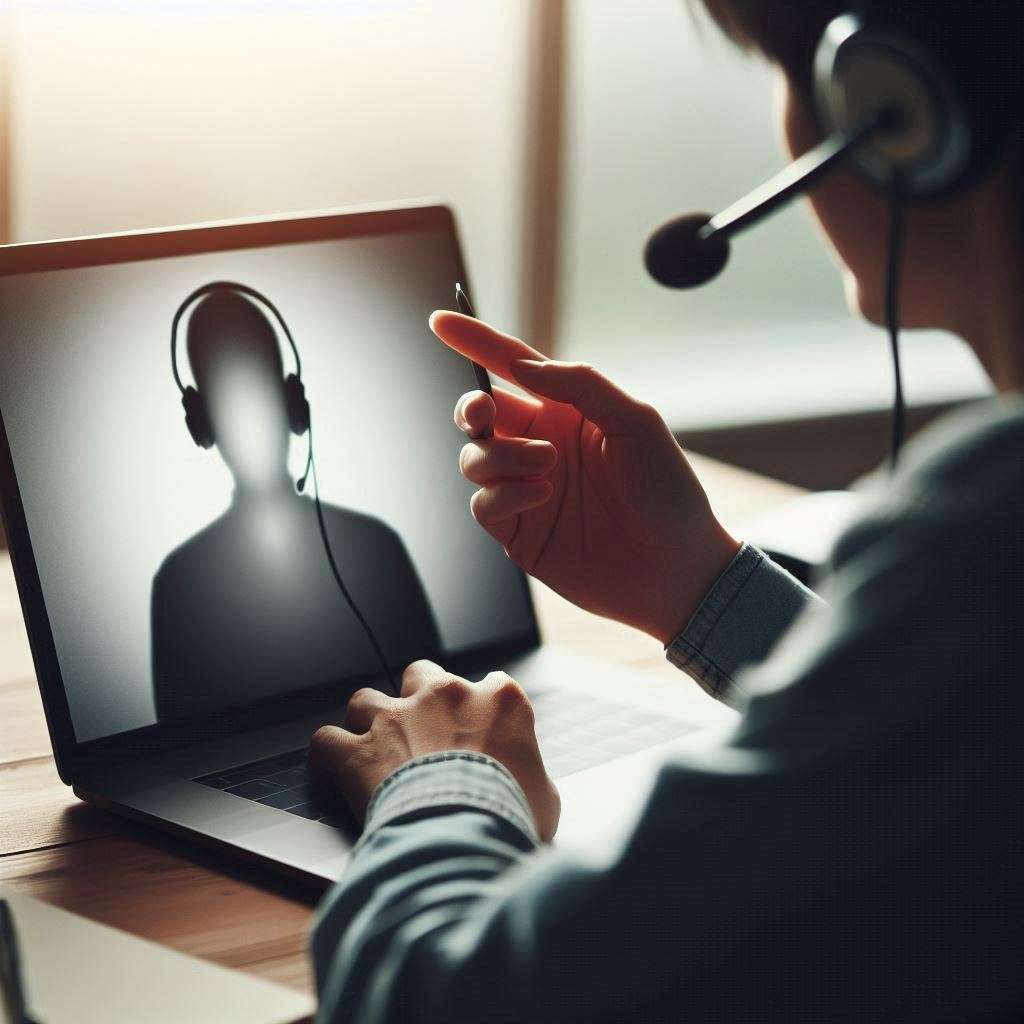Choices for Enhancing Your Therapeutic Journey

Honoring Individual Needs
The Freedom to Choose
In my online therapy service, I believe that having choices equates to freedom. I offer several options for your therapy sessions to ensure they meet your unique needs. You can change your preferences at any time – simply let me know. Here are the choices available to you.
Therapy Session Length
Adjusting Session Intervals
As a psychotherapist, I recognize that every client is unique, necessitating a customized approach to therapy, including the timing of sessions. While some may benefit from weekly meetings, others might find value in bi-weekly or even monthly sessions. This flexibility can help manage costs by spacing out sessions according to individual needs.
Allowing clients to determine the frequency of their sessions can enhance their sense of control over their therapeutic journey. When clients feel in control, they are more likely to be engaged and fully participate in the process. This sense of empowerment encourages them to open up about sensitive topics, fostering deeper healing and growth.
Honoring Individual Paces and Changing Needs
Every client progresses at their own pace. Some might feel overwhelmed by weekly sessions, while others may need more frequent check-ins. As a therapist, it’s essential to honor each client’s unique pace and provide a safe, supportive environment for their journey. This respect helps build trust and a strong therapeutic alliance, which is crucial for successful outcomes.
Life is unpredictable, and clients’ needs can change rapidly from one session to the next. A client facing a significant life change or stressor might require more frequent sessions to process their emotions and navigate the situation. Conversely, a client making good progress may benefit from fewer sessions to integrate changes and maintain momentum. Flexibility in scheduling allows us to respond effectively to these evolving needs.
Embracing Flexibility for Effective Therapy
Flexibility in therapy is vital to creating a safe, supportive, and effective environment for clients. It empowers them, respects their pace of growth and healing, and adapts to their changing needs. By being flexible, therapists can provide the highest level of care and support, leading to better outcomes and lasting change.
In essence, the ability to adjust session intervals ensures that therapy remains responsive to each client’s unique journey, fostering a more effective and personalized therapeutic experience.
Therapy Session Length Options
Normal Sixty-Minute Session
The standard therapy session length is sixty minutes, which has worked well for both clients and therapists for decades. This service supplies a full one hour as standard.
Longer Ninety-Minute Session
Everyone has diverse needs, and some clients may benefit from longer therapy sessions. Sometimes, there is so much information to process that a standard session can feel too short, leading to frustration. An extra thirty minutes can make a significant difference, providing more time for in-depth exploration.
Shorter Thirty-Minute Session
For some clients, a shorter session length can be beneficial, especially when they feel overwhelmed or emotionally shut down. I have clients who prefer to break up the standard session into two shorter sessions within the same week. They find this flexibility extremely helpful.
Your Preferences
If you do not want the standard session time, you can ask for one of the other options either in the first session or at any time in future sessions. Whether you need more time or feel overloaded and need a shorter session, we can adjust accordingly to meet your needs.
Video Session Option
Additionally, if in-person sessions are not feasible, video sessions are available to ensure you receive the support you need, regardless of your location.

Video options
You may prefer video therapy sessions for a number of reasons, including:
Convenience: Video therapy allows individuals to receive therapy from any location with an internet connection.
Accessibility: Video therapy can be more accessible for individuals who live in remote areas, or have mobility issues.
Anonymity: Video therapy can provide a sense of anonymity for individuals who are more comfortable opening up in a virtual setting.
Flexibility: Video therapy can be more flexible with scheduling, as individuals do not need to take time off work or arrange transportation.
Comfort: Some individuals may feel more relaxed and comfortable in their own environment, allowing for a more productive therapy session.
In addition, for some people video therapy can still provide the same level of therapeutic support as in-person therapy, with the added benefits of increased convenience and accessibility. Additionally, video therapy is often less expensive than in-person therapy and can provide the same level of care and support. With video therapy, individuals have the ability to connect with a licensed therapist from anywhere in the world, which can be especially beneficial for those living in areas with limited access to mental health resources.
Is video therapy suitable?
However, it’s important to note that video therapy may not be suitable for everyone, especially those who have difficulty accessing technology or may feel uncomfortable with online communication. It is always best to discuss the pros and cons of different therapy options with a mental health professional to determine what works best for your specific needs and circumstances.
Overall, video therapy is an increasingly popular option for individuals seeking mental health support and has the potential to improve access and convenience for many people seeking therapy More Info

Audio only options
Audio sessions can reduce anxiety
Starting therapy can be difficult and for some people, the fear of starting therapy makes it almost impossible. For people suffering from elevated levels of anxiety just thinking about starting therapy can make even the thought of sitting in front of someone and talking about themselves a terrifying idea.
Only using your voice when having therapy could help you feel less exposed. If I said that there is a way of experiencing therapy that can increase the chances of dealing with a person’s challenging traumas and painful emotions and promote a positive outcome, what would you think?
Sound only sessions can help you feel less exposed
This can mean that people who could receive help from having therapy continue to endure living life living in the shadow of happiness, never quite being able to enjoy its joyful moments. Quite often, it is only when the emotional distress becomes ultimately unbearable that they manage to overcome the anxiety and enter therapy.
Unfortunately, by the time they do manage to start therapy, the added damage to their lives can make any recovery take longer. That often means that there is more time needed in therapy to fix the problems. The sooner you start therapy the better and this is where only using sound is beneficial and far superior to traditional therapy.
Progress faster
Therapy only using sound has helped many people overcome elevated levels of anxiety when having therapy. In my experience working as an online therapist, Audio-only therapy sessions have helped lots of people start therapy sooner. While also helping them progress faster. More Info
Communication options
The application form provides a variety of options for selecting the app or program you wish to use. There is a choice of options regarding what app or program you want to use in the sign-up form
Your preferences
Please feel free to discuss your preferences with me in the first session or at any time in therapy so that we can tailor your therapy experience to best support your journey.
To participate in online therapy, you will need:
- A reliable internet connection.
- A device equipped with a camera and microphone, or simply a microphone for audio-only sessions, such as a computer, laptop, tablet, or smartphone, is required.
- An account with the platform being used for therapy such as Skype etc.
- A headset or earbuds to make the experience more personal and private.
- A place you can use that is private and confidential.
It’s also important to ensure that your device and internet connection are secure and private, to protect your personal information during therapy sessions.
In addition to the basic requirements, having a quiet and private space to participate in therapy is important, so that you can focus and have a comfortable conversation with your therapist.
It’s also recommended to have a backup plan in case of technical issues, such as having a backup device or finding a location with a strong internet connection before the therapy session.
Overall, having the right equipment and a suitable environment can greatly enhance your online therapy experience, making it easier to communicate with your therapist and get the support you need.